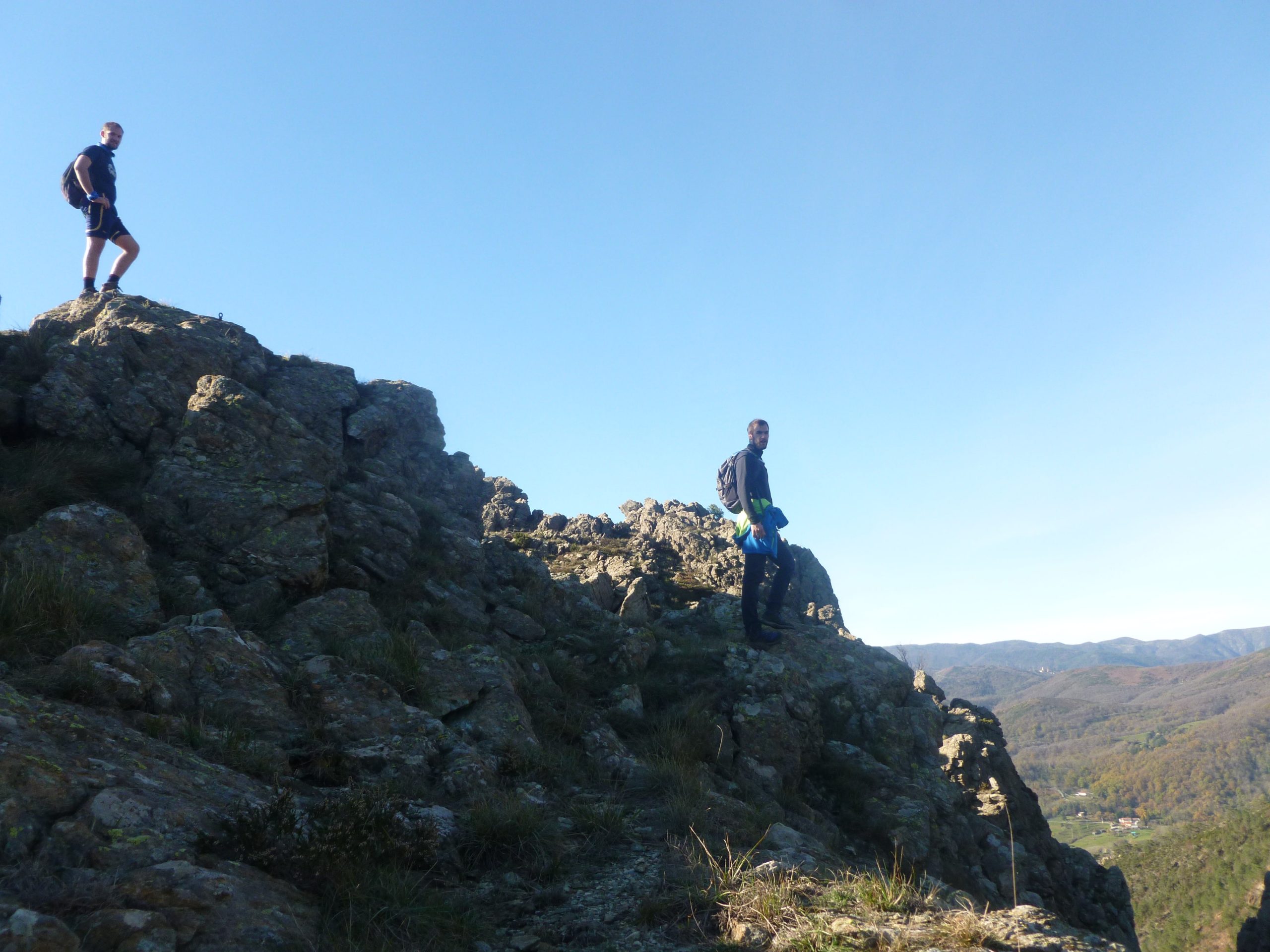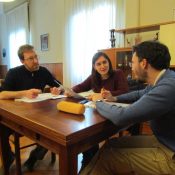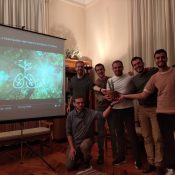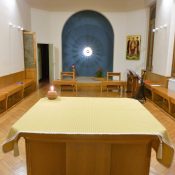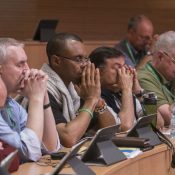During novitiate life it happens, on a rotating basis, that we have to prepare breakfast for everyone before starting individual morning prayer. In such cases, one of us needs to wake up a little earlier than the others to be able to reconcile preparation time and meditation time. I have sometimes wondered if it is really necessary for us to be present when doing this service or if there is a deeper reason for doing it.
For some time now, when the alarm clock rings in the morning, I often feel, in my heart, the desire to meet the Lord during my personal prayer and in the Eucharistic celebration that we live daily. I have, however, realised that even when I have to anticipate the alarm clock for breakfast, the desire does not change and it almost seems to me that this also enters into the dynamic of meeting Him. A question then arises for me: is it possible that even the act of preparing breakfast for everyone is somehow part of a form of prayer? To answer this question, I immediately ask myself another: what is the meaning of Christian prayer? I believe that prayer is an encounter with the Lord to deepen more and more the communion of life with Him. As St Teresa of Avila used to say, it is the moment when I meet the Beloved. On the other hand, if we read the Gospels, Jesus himself often stopped to pray alone in the intimacy of dialogue with the Father, so much so that it triggered the Apostles’ desire to understand how to pray: ‘Lord teach us how to pray’. What needs prompted them to make this request? Certainly the example of Jesus must have been a driving force: as the Master prays, it is good that we also pray; but I believe, first and foremost, they had the desire to experience the same encounter as Jesus with God the Father. In prayer, therefore, two freedoms meet, that of the believer who seeks the Lord and that of God who has the desire to be heard by those who pray to him. This is also the reason why it is, often, complicated to pray, because on the one hand there is a supernatural dynamic, whereby prayer is a gift from God, for which one’s heart must be prepared; on the other hand it is a human encounter that takes place in ordinary life, a challenge to recognise God’s voice that is often covered by the din of everyday life.
But back to breakfast! What does this have to do with its preparation? Nothing, if one approaches preparation thinking that the purpose is to have some milk, coffee and tea ready on time. But if one lives this operation savouring every single moment of it – from picking up the coffee pots to preparing them, to hearing the whistle of the coffee ready and enjoying the heat that the vapours give off when it is poured into the thermos – thinking that this gesture will be of help to the brethren, to those whom the Lord has placed beside him, something changes. By living the preparation in this way, even these gestures can become an encounter with God the Father, for whom I recognise in the other a brother for whom it is well worth losing half an hour of sleep.

